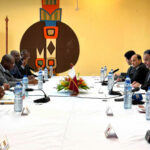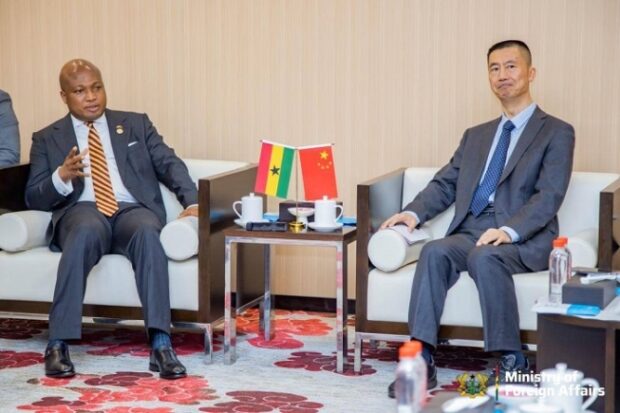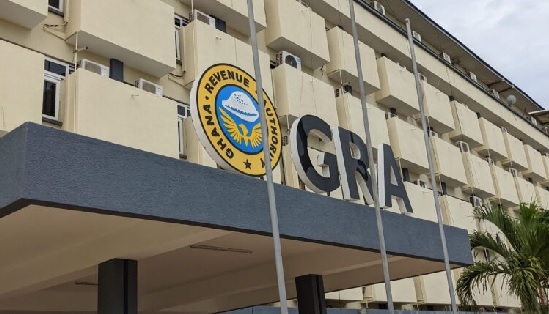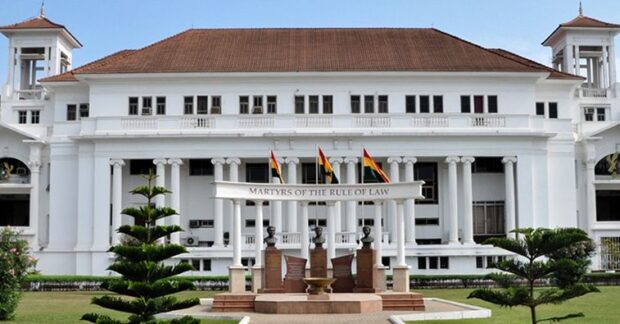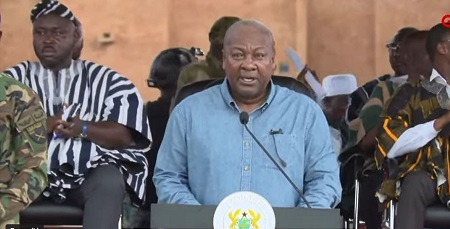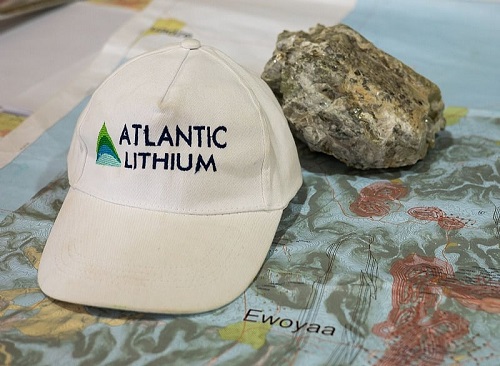
The company, which has invested approximately $70 million since 2016, is developing what would be Ghana’s first lithium mine.
The project, located near Mankessim in the Central Region, was expected to place Ghana among the world’s top 10 spodumene concentrate producers. However, sharp declines in lithium prices—down more than 80 per cent from their November 2022 peak—have thrown its future into uncertainty.
“We have done the maths and it doesn’t make sense at all,” Atlantic Lithium’s General Manager, Ahmed-Salim Adam, told Reuters. “We have written to the Minister of Lands and Natural Resources for urgent help on the fiscals. If not, the project cannot proceed.”
Ghana, already Africa’s leading gold producer, had hoped to benefit from the growing global demand for electric vehicles (EVs) by establishing the Ewoyaa mine as a strategic source of lithium, a key component in EV batteries. The mine was granted a 15-year lease in 2023, with construction expected to begin by the end of 2024.
The project is projected to produce up to 360,000 tons of lithium annually, primarily for export to the United States. But in addition to the commodity price crash, delays in parliamentary ratification of the mining lease have stalled progress. While lithium prices have recently stabilised due to recovering auto production, analysts remain cautious.
“EV-led demand growth remains strong, but it continues to be overwhelmed by mine supply growth,” said Tom Price, Head of Commodities at Panmure Liberum. He also noted that U.S. President Donald Trump’s proposed 25% tariff on Chinese EVs has further dampened global demand and price optimism.
Compounding the problem, Ghana’s entry into the lithium market is relatively recent, making it less attractive to investors who may prefer the more established mining regimes of Australia, Chile, and China. The internal rate of return (IRR) on the Ewoyaa project has plunged from a once-attractive 105% to just 13.6%, Adam disclosed.
“Nobody is going to put their money in that. It should have been 30% to make sense,” he said.
In its formal appeal, Atlantic Lithium is seeking several fiscal concessions. These include a reduction in royalty rates from 10% to 5%—in line with what is charged in Ghana’s gold sector—or the adoption of a flexible sliding scale linked to global lithium prices. The company also proposed a review of the 32.5% corporate income tax rate and the removal of import duties on capital equipment.
Without these interventions, the project is unlikely to proceed, Adam warned. “Even if we get ratification done, we can’t get it off the ground.”
Already, the economic pressure has forced the company to scale back its operations. In October 2024, 25 workers were laid off, and an additional 50 are expected to lose their jobs by May 2025. “We will maintain only a skeletal team,” Adam added.

